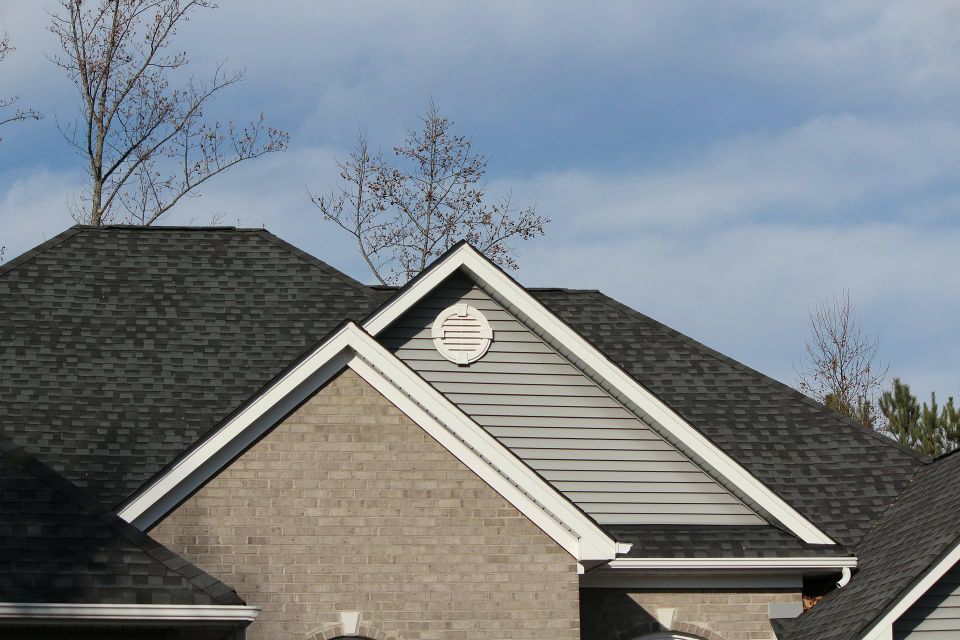
Why Your Roof's Condition Is So Important!
The condition of your roof is critically important for several reasons:
Protection: The primary function of a roof is to protect your home or building from the elements, including rain, snow, wind, and sunlight. A damaged or deteriorating roof can lead to water leaks, which can result in structural damage, mold growth, and damage to your belongings.
Energy Efficiency: A well-maintained roof can contribute to energy efficiency by providing insulation and preventing drafts. An aging or damaged roof can lead to heat or cool air escaping, causing your HVAC system to work harder and increasing your energy bills.
Structural Integrity: The roof is an integral part of your building's structure. If it weakens or becomes compromised, it can lead to sagging or even collapse. Regular roof maintenance and inspections can help identify issues before they become serious.
Home Value: A well-maintained roof adds to the overall value of your home. If you're looking to sell your property, a damaged or aged roof can reduce its market value and make it less appealing to potential buyers.
Curb Appeal: The roof is a prominent feature of your home's exterior. A well-maintained and attractive roof can enhance the curb appeal of your property. On the other hand, a shabby or damaged roof can detract from the overall appearance of your home.
Preventative Maintenance: Regular roof inspections and maintenance can help catch minor issues before they turn into major problems. Repairing small leaks or damage early on is often more cost-effective than waiting until the roof requires a full replacement.
Health and Safety: A leaking roof can lead to the growth of mold and mildew, which can have adverse health effects on those living in the home. Additionally, a damaged roof can pose safety risks, especially during extreme weather conditions.
Insurance Coverage: Many insurance policies require homeowners to maintain their roofs in good condition. Neglecting roof maintenance may result in a loss of coverage in case of damage.
Compliance with Building Codes: In many areas, building codes and regulations require homeowners to maintain their roofs. Failing to do so can result in legal consequences and fines.
Overall, the condition of your roof is crucial for the safety, well-being, and financial stability of your home. Regular inspections and maintenance can help extend the lifespan of your roof and ensure it continues to perform its essential protective functions.
Protection: The primary function of a roof is to protect your home or building from the elements, including rain, snow, wind, and sunlight. A damaged or deteriorating roof can lead to water leaks, which can result in structural damage, mold growth, and damage to your belongings.
Energy Efficiency: A well-maintained roof can contribute to energy efficiency by providing insulation and preventing drafts. An aging or damaged roof can lead to heat or cool air escaping, causing your HVAC system to work harder and increasing your energy bills.
Structural Integrity: The roof is an integral part of your building's structure. If it weakens or becomes compromised, it can lead to sagging or even collapse. Regular roof maintenance and inspections can help identify issues before they become serious.
Home Value: A well-maintained roof adds to the overall value of your home. If you're looking to sell your property, a damaged or aged roof can reduce its market value and make it less appealing to potential buyers.
Curb Appeal: The roof is a prominent feature of your home's exterior. A well-maintained and attractive roof can enhance the curb appeal of your property. On the other hand, a shabby or damaged roof can detract from the overall appearance of your home.
Preventative Maintenance: Regular roof inspections and maintenance can help catch minor issues before they turn into major problems. Repairing small leaks or damage early on is often more cost-effective than waiting until the roof requires a full replacement.
Health and Safety: A leaking roof can lead to the growth of mold and mildew, which can have adverse health effects on those living in the home. Additionally, a damaged roof can pose safety risks, especially during extreme weather conditions.
Insurance Coverage: Many insurance policies require homeowners to maintain their roofs in good condition. Neglecting roof maintenance may result in a loss of coverage in case of damage.
Compliance with Building Codes: In many areas, building codes and regulations require homeowners to maintain their roofs. Failing to do so can result in legal consequences and fines.
Overall, the condition of your roof is crucial for the safety, well-being, and financial stability of your home. Regular inspections and maintenance can help extend the lifespan of your roof and ensure it continues to perform its essential protective functions.
